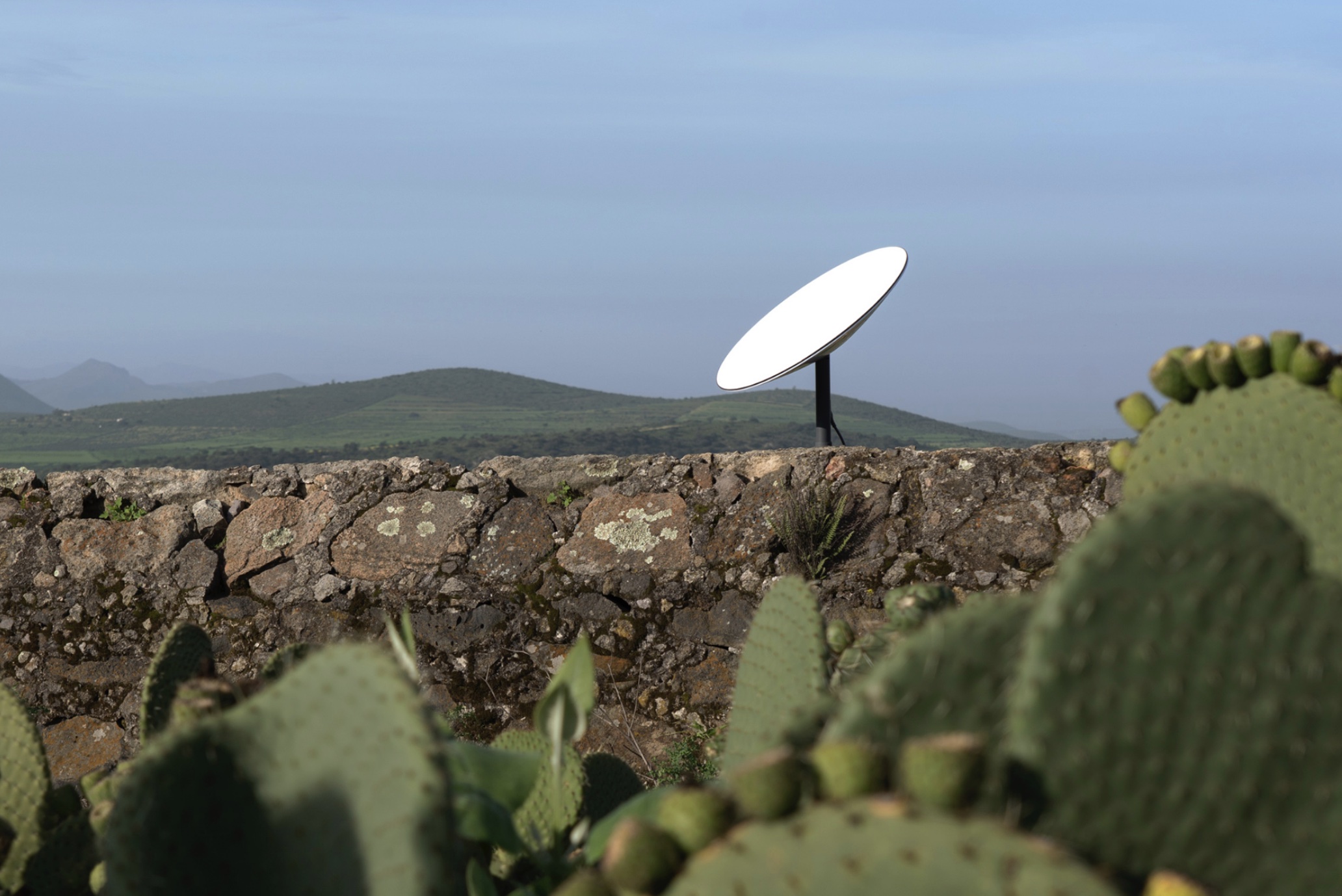The rise of Starlink is quickening and becoming obvious. SpaceX has manufactured 1 million Starlink terminals in the roughly 19 months after pre-orders for the satellite internet system were made available.
It was recently announced that SpaceX has manufactured its one millionth Starlink terminal, according to space influencers like @esherifftv. The space fan said she learned this from an insider at SpaceX’s Starlink factory in Redmond, Washington.
Immediately after the announcement, Elon Musk tweeted a confirmation, stating that “Starlink now over 1M user devices made.” Given that SpaceX just started taking pre-orders for Starlink kits in February 2021—roughly 19 months ago—this is quite astounding. SpaceX has only been sending out beta invitations up until February 2021.
Starlink quickly attracted a large following of customers. The next month, in March 2021, SpaceX reported receiving “almost half a million” pre-order reservations for Starlink. These included in advance payments for the actual Starlink kits. It was only accessible back then in the United States, Canada, Australia, New Zealand, the United Kingdom, and Mexico.
Since then, Starlink has expanded substantially. Elon Musk has revealed that Antarctica is now included in the satellite internet service’s coverage of all seven continents. The US Antarctic research facility McMurdo Station, located on the southern point of Ross Island, has a Starlink terminal, as shown in photographs from the National Science Foundation.
Not only has Starlink improved access to high-speed internet in underdeveloped regions. Additionally, it maintained internet connections in conflict-torn regions like Ukraine. Ukraine’s government has praised Starlink for keeping an internet connection in vital regions of the nation despite Russian strikes during the conflict.
Elon Musk just added that Iran, another nation currently experiencing upheaval, now has Starlink service operational. However, it would be difficult to provide Iranian consumers with a Starlink satellite internet connection since the Iranian government has started working to restrict Starlink’s official website there.
Here’s Why SpaceX Starlink May Be Losing Its Blazing Fast Label
Elon Musk made headlines throughout the world in 2020 when he unveiled the SpaceX Starlink satellite broadband service. The service’s very quick speeds were making headlines. That may not be the case right now, however, as more passengers continue to board the Starlink train.
According to the most recent study from the internet speed testing website Ookla, as more people sign up for SpaceX’s Starlink internet service, it may lose its competitive advantage in terms of internet speeds.
Downward Trend in Download Speeds
The article goes on to say that customers of Starlink in the US and Canada have seen a sharp drop in download speeds, which may be due to the congestion brought on by more people using the services there.
According to an Ookla analysis that used data from Speedtest.net, “Starlink speeds fell in every nation we evaluated over the previous year as more consumers join up for service.” According to the research, between Q2 2021 and Q2 2022, median download speeds fell in the US, Canada, the UK, France, Germany, and New Zealand by 5 to 54 percent.
The median download speed for Starlink in the US decreased from 90 Mbps to around 62.5 Mbps within the same time frame. The download speeds for Canadian consumers decreased from 97.4Mbps to 74.73Mbps. Even if the present speeds aren’t terrible by any means, they continue to detract from the excitement around the Elon Musk-led space enterprise, which is preparing to take on more challenging tasks like populating Mars.
Internet congestion on Earth might be resolved by space congestion.
More intriguingly, service in Mexico and Puerto Rico was quicker than in Canada and the United States. As more individuals sign up for the satellite internet service, these decreases in download speeds might become more frequent. Customers are airing their grievances against Starlink on a number of social media channels as a result of the problem. Nevertheless, SpaceX is sending satellite constellations into low-Earth orbit on a regular basis. Maybe the problems with speed on Earth will be overcome if there are enough constellations in the sky.
Coming Into Conflict With Astronomers: SpaceX Satellites
More satellites may increase download speeds for Starlink, but the enormous constellations will continue to be a challenge for researchers throughout the world. The highly reflecting Starlink satellites are preventing observatories from conducting more accurate cosmological studies, according to astronomers.
However, according to a study in Scientific American, the satellites were still bright enough to pose difficulties for astronomers trying to scan the universe. SpaceX did fix the issue and manufactured less-reflective satellites dubbed DarkSats for further missions. Time will tell what strategy SpaceX will choose to stop speed declines without impeding the scientific investigation.

